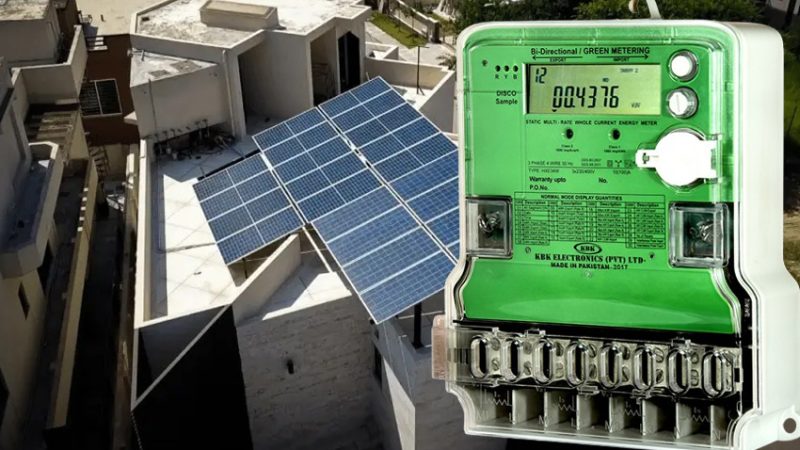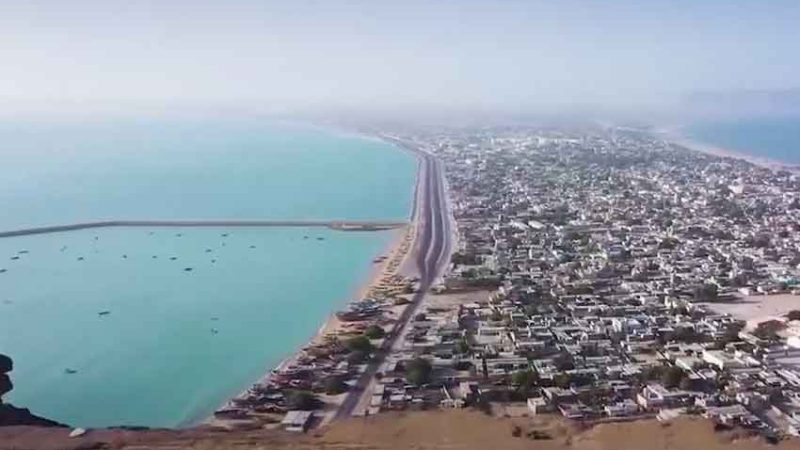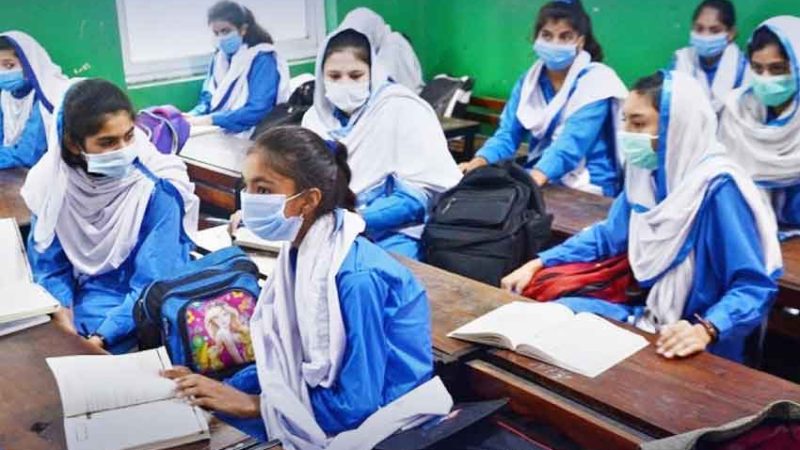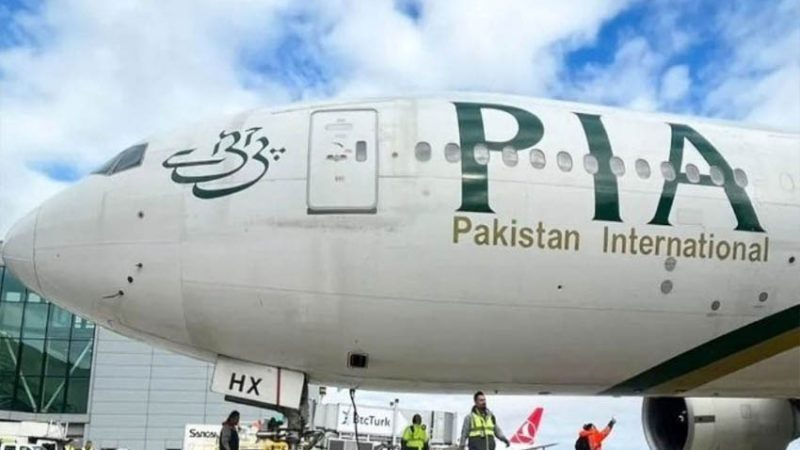Pakistan resisted temptation to compete in arms race despite rising security challenges: Gen Bajwa
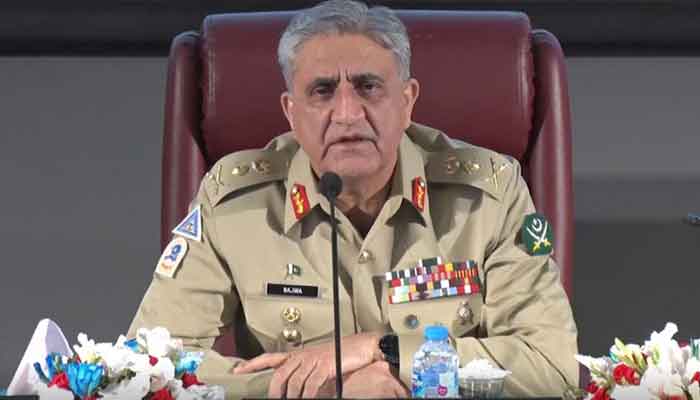
Chief of Army Staff General Qamar Javed Bajwa, referring to the contentious issue of Indian-occupied Kashmir, said Thursday that “unsettled disputes” were dragging South Asia back to poverty and underdevelopment.
The army chief was addressing a ceremony at the National Security Dialogue in Islamabad where he said that national security is now more than just protection from internal and external threats, adding that it includes development and human security as well.
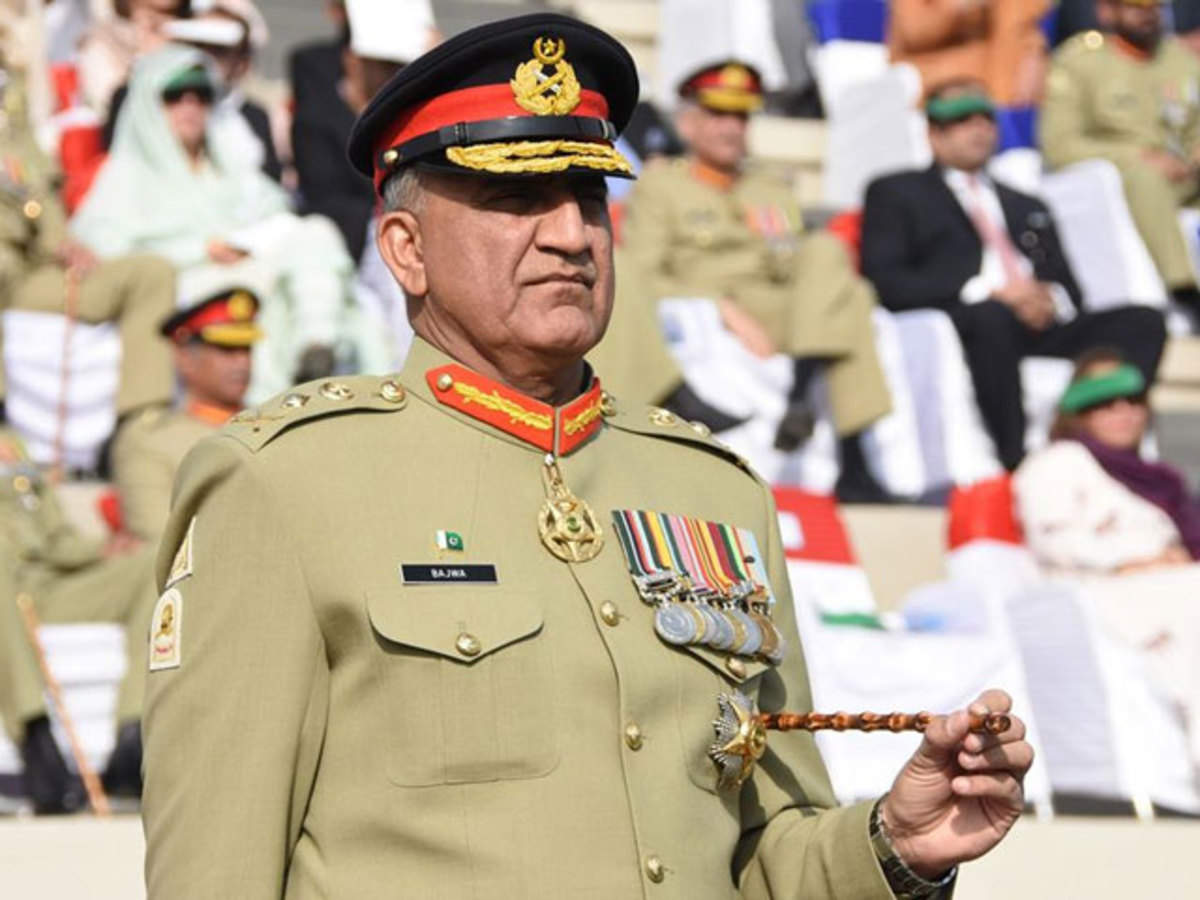
“Surely, it [national security] is not solely a function of the armed forces alone,” said the army chief, adding that national security had become an “all-encompassing notion’.
The army chief stressed on the importance of Pakistan’s geostrategic location, adding that it “positions Pakistan to promote regional connectivity and operate as a trade and transit hub for the region”.
He underlined the need for countries to work together to face various challenges such as terrorism, the coronavirus pandemic and other ills. “Responding in silos is no longer an option,” he stressed.
He said the world has witnessed setbacks such as the World Wars and the Cold War, adding that the world was faced with similar charges. Gen Bajwa said history had taught the world that progress has been achieved through interconnected and interdependent sense of security.
The army chief urged world players to enhance their relations and move towards convergence rather than divergence for the benefit of the world.
Gen Bajwa said Pakistan, like other countries of the region, is facing “multidimensional challenges” that it cannot handle single-handidly, adding that a multilateral global and regional approach to defeat them.
The army chief said it is regrettable to acknowledge that despite a lot of human population in South Asia, it is still the “least integrated” region when it comes to important issues such as water, trade, infrastructure and energy cooperation.
Gen Bajwa said as a result of these unsettled disputes, countries end up spending a huge chunk of financial resources on defence at the expense of human development.
“Pakistan has been one of the few countries that, despite the rising challenges, has resisted the temptation of involving itself in an arms race,” he said. “Our defence expenditures have rather reduced instead of increasing.”
The army chief said Pakistan was ready to resolve all outstanding issues with its neighbours, adding that “this choice is deliberate and not as a result of any pressure”.
He said the main objective was to portray Pakistan’s image at the global stage as a peace-loving nation.
“We have learned from the past and are willing to move ahead in the future,” he said. “However, all this is contingent on reciprocity.”
The army chief said the world recognises Pakistan as an important country due to its geostrategic location that acts as a conduit between regional economies, its democracy and fertile soil.
Gen Bajwa praised Pakistan’s “robust role” in the Afghan peace process, adding that it was reflective of Islamabad’s understanding of its moral responsibilities.
He said it was due to efforts by Pakistan that a historic deal between the Taliban and the US was inked last year and led to the intra-Afghan dialogue.
Gen Bajwa said Pakistan will provide “all-out support” for the Afghan peace process and has taken steps to connect Kabul with other countries. He said Pakistan had allowed Afghanistan to use the Afghan transit trade and transport goods to India as well.
The army chief then spoke about the need for stable Indo-Pak relations, adding that it is “the key to unlock the potential of South and Central Asia”.
“The potential, however, has remained hostage between two nuclear neighbours,”he said. “The Kashmir dispute, obviously, is at the heart of this problem,” added the army chief.
Gen Bajwa said without the resolution of the Kashmir issue through “peaceful means”, the region will always remains susceptible to tensions and conflicts.
“However, we feel it is time to bury the past and move forward,” he said, however, adding that it is up to India to take steps to make the atmosphere in the region conducive for peace.



